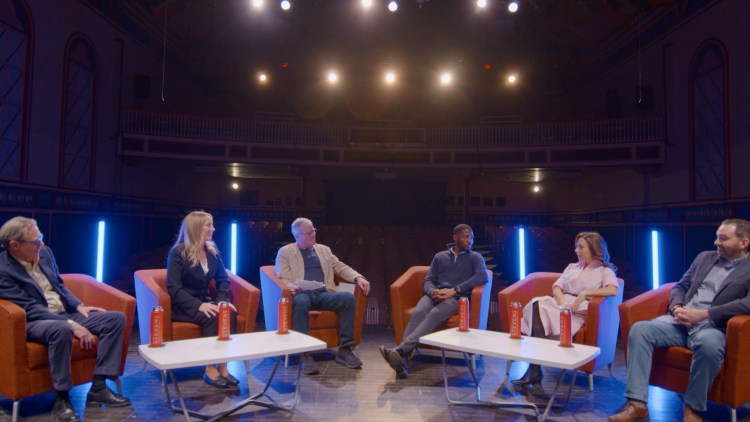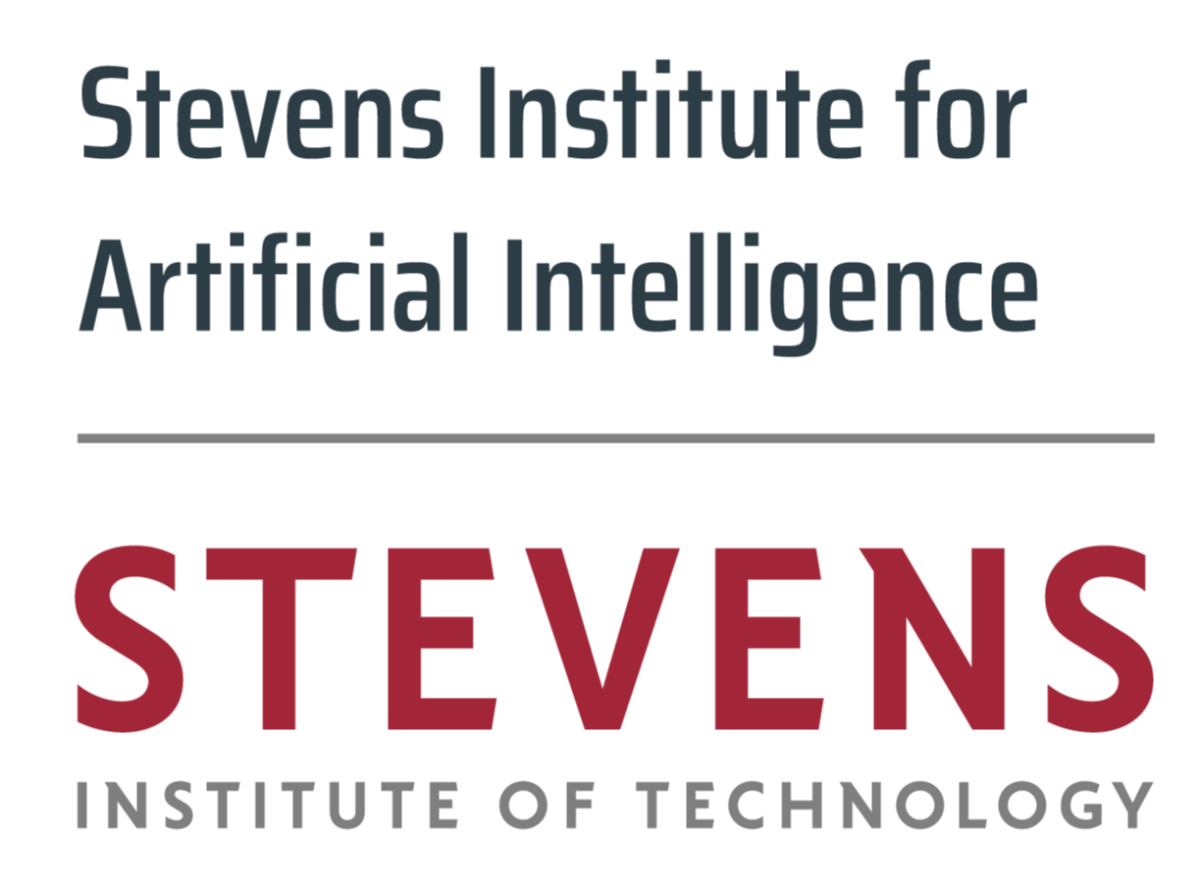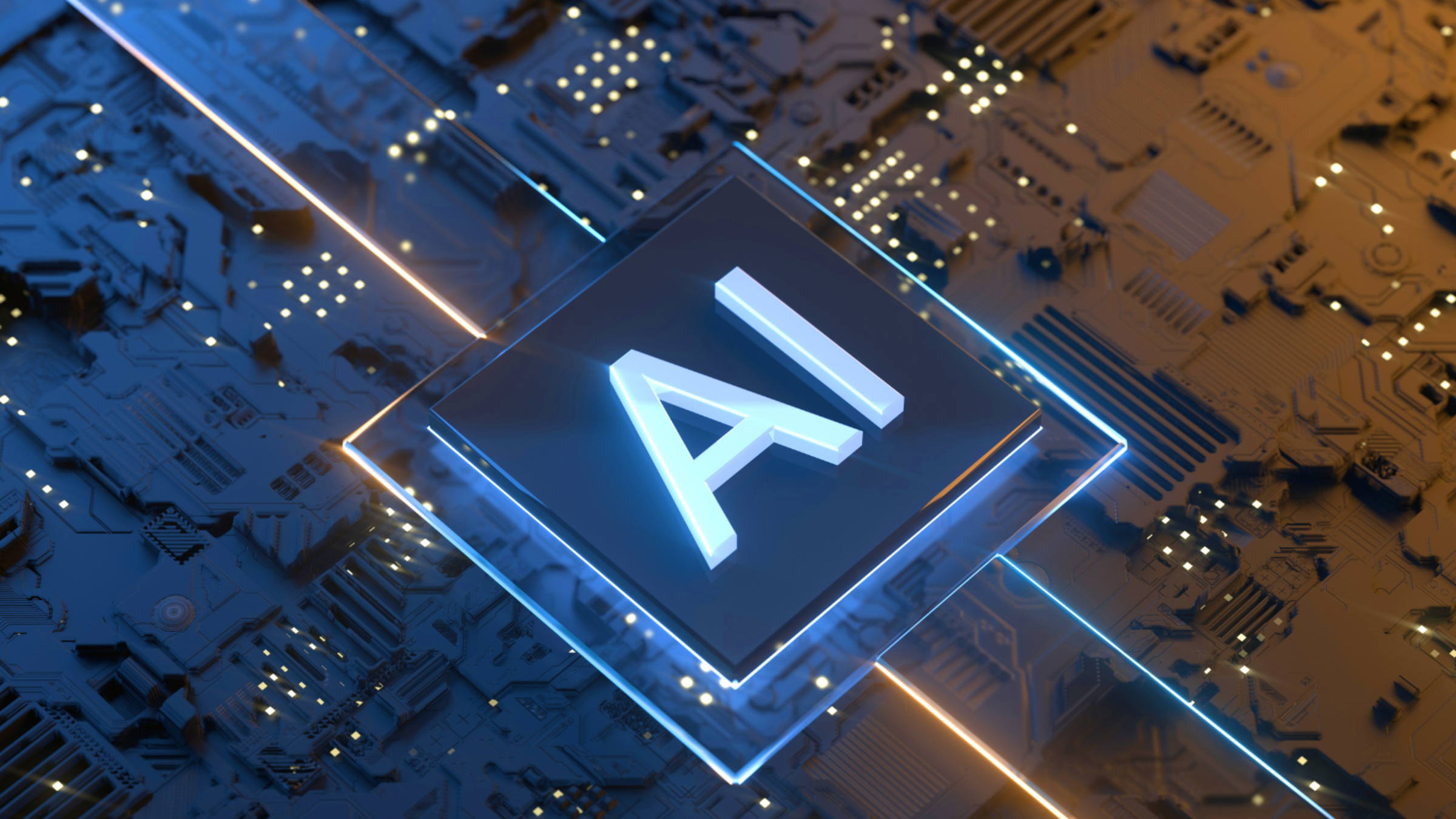
Stevens Institute for Artificial Intelligence
AI and Machine Learning Research at Stevens
The Stevens Institute for Artificial Intelligence advances the fundamentals and applications of artificial intelligence and machine learning research to solve complex problems that advance technology — and make the world a better place. Launched in 2018, SIAI is Stevens’ largest center. It is comprised of engineering, business, humanities, arts and social sciences experts from across the university, seeking opportunities for collaboration.
Our Vision
Artificial intelligence is transforming the world and industry as we know it, and the future of AI remains seemingly limitless. In a world where AI-enabled innovation continues to rapidly evolve, SIAI and its Stevens collaborators will synergistically develop solutions to real-world problems.
Founded on that premise, the Stevens Institute for Artificial Intelligence envisions the exploration of opportunities to advance AI and machine learning to serve humanity and to improve disciplines such as healthcare, business operations, the workplace and education.
This vision will flourish through the convergence of faculty research, the positive impact of partner organizations and agencies, foundational research sponsors like the National Science Foundation, National Institutes for Health and the Department of Defense; and the deployment of AI and machine learning solutions for business advantage, social good, and national security.
Our Research Focus Areas
SIAI serves as an anchor for cross-disciplinary collaboration at Stevens, demonstrating the expertise of numerous affiliated faculty who are working to make AI research a pillar of strength and specialization for the university and it provides a hub for Stevens’ wide range of AI education and outreach programs. Our faculty research falls in the following areas:
Art and Music
Cognitive Networking and Computing
Cybersecurity
Environment and Energy
Fintech
Foundations of AI & Machine Learning
Healthcare & Biomedical
Robotics, Perception & Human-Machine Interaction
Societal Impact
SIAI Leadership
Brendan Englot, SIAI Director
Dr. Brendan Englot, Anson Wood Burchard Endowed Professor of Mechanical Engineering and SIAI Director, has fifteen years of experience developing and deploying mobile robots and autonomous navigation algorithms via land, air and sea. His research uses artificial intelligence to improve the situational awareness of mobile robots operating in degraded conditions, and to enable intelligent robot decision-making under uncertainty. His work in A.I. is supported by the National Science Foundation, the Office of Naval Research, the U.S. Army, and various sponsors in industry.

Stevens TechPulse Report 2024
What industries rank higher for Americans' public trust in using artificial intelligence? A new survey conducted on behalf of Stevens Institute of Technology by Morning Consult reveals Americans' shifting attitudes toward AI as use soars and new applications proliferate.
WATCH: TechPulse Report 2024 - 5 Key Findings
Members of the Stevens Institute for Artificial Intelligence's affiliated faculty discuss the findings from the latest Stevens TechPulse Report: The Changing Landscape of Americans’ Outlook on AI, which compared trends with the Stevens Institute of Technology/Morning Consult polls completed in 2023 and 2021.
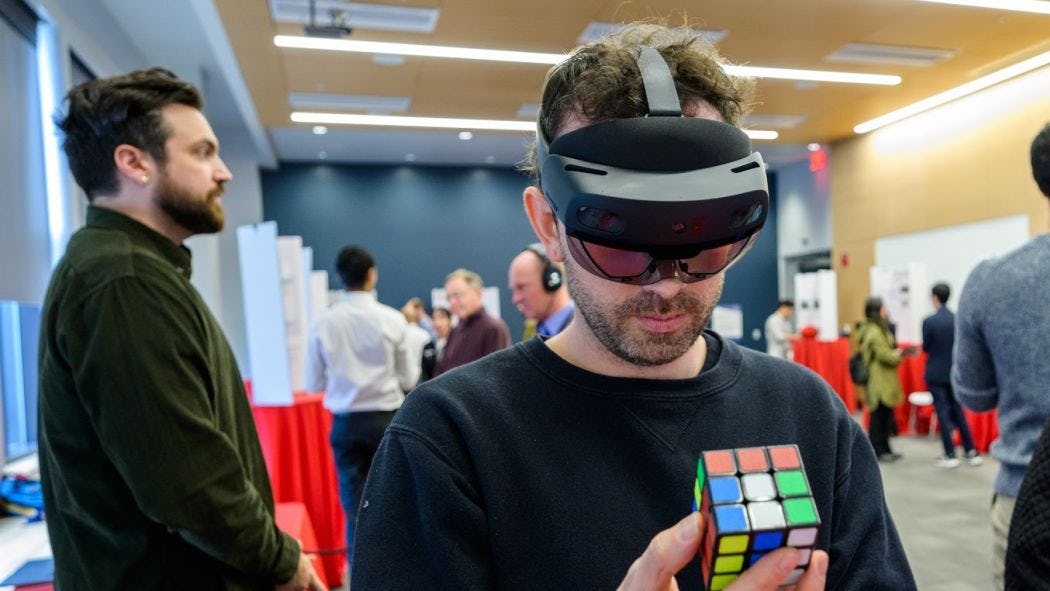
SIAI Event Showcases Student, Faculty AI Research, Unveils New Mission
Welcome remarks, student research, faculty demos and lecture from industry fuel SIAI's broadened charge to create AI for societal good

Stevens Is All In on AI
100+ faculty are working to create AI that benefits society — systems that predict Alzheimer’s and heart disease, inspect hazardous cargo, keep roads and bridges safer — while also studying AI’s potential drawbacks and dangers.
When You Think of AI, Think of Stevens: Relaunching SIAI
Increased research, education and advocacy prioritized to solidify Stevens’ reputation for AI and machine learning expertise worldwide.
SIAI in the Media
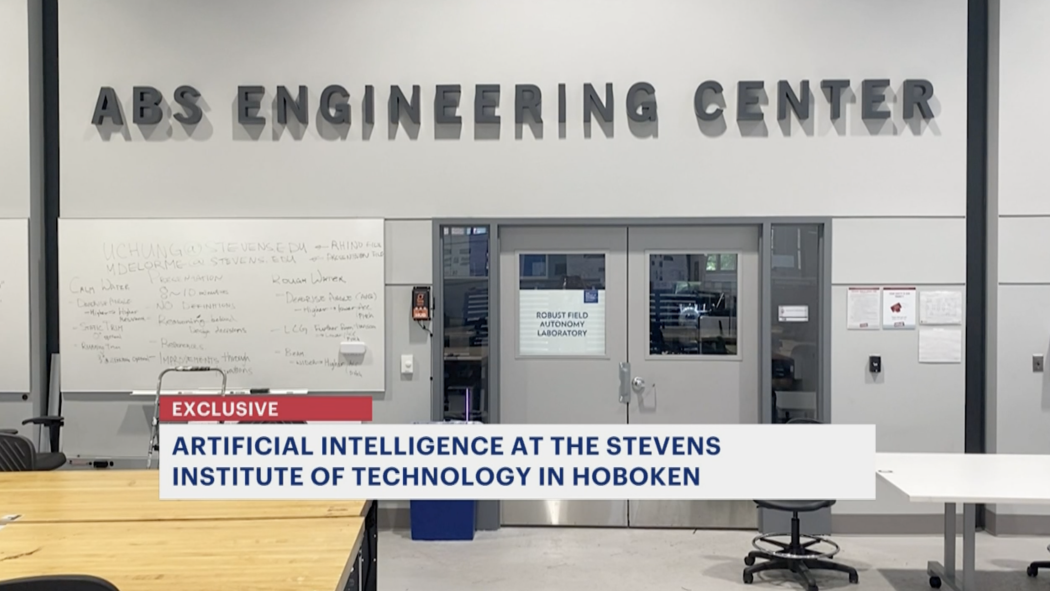
WATCH NEWS 12 NEW JERSEY FEATURE
Stevens Institute works to advance future of AI
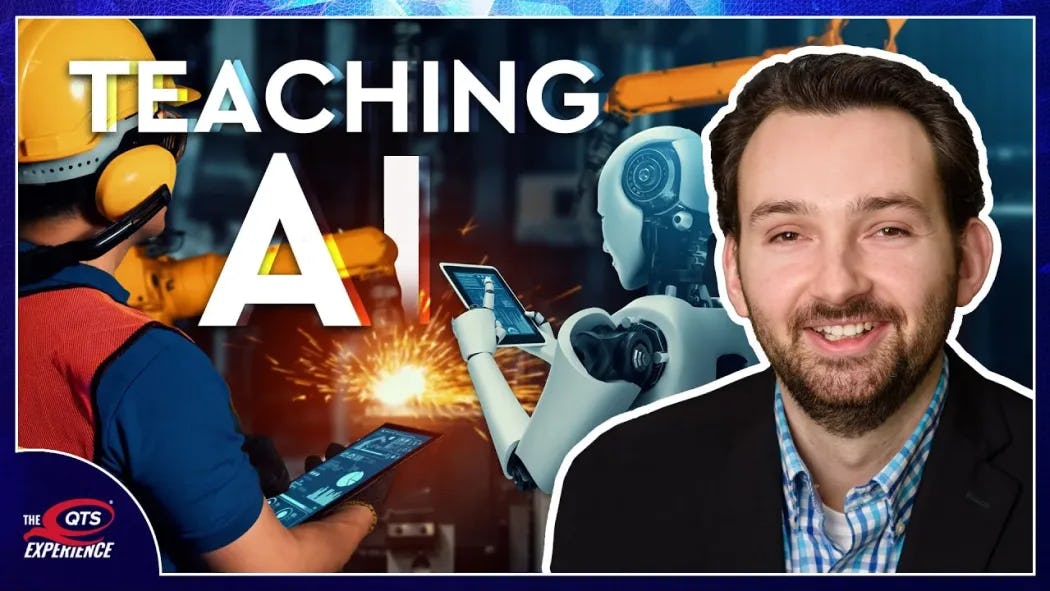
WATCH THE PODCAST
Learning Never Exhausts the AI with Dr. Brendan Englot | The QTS Experience Podcast
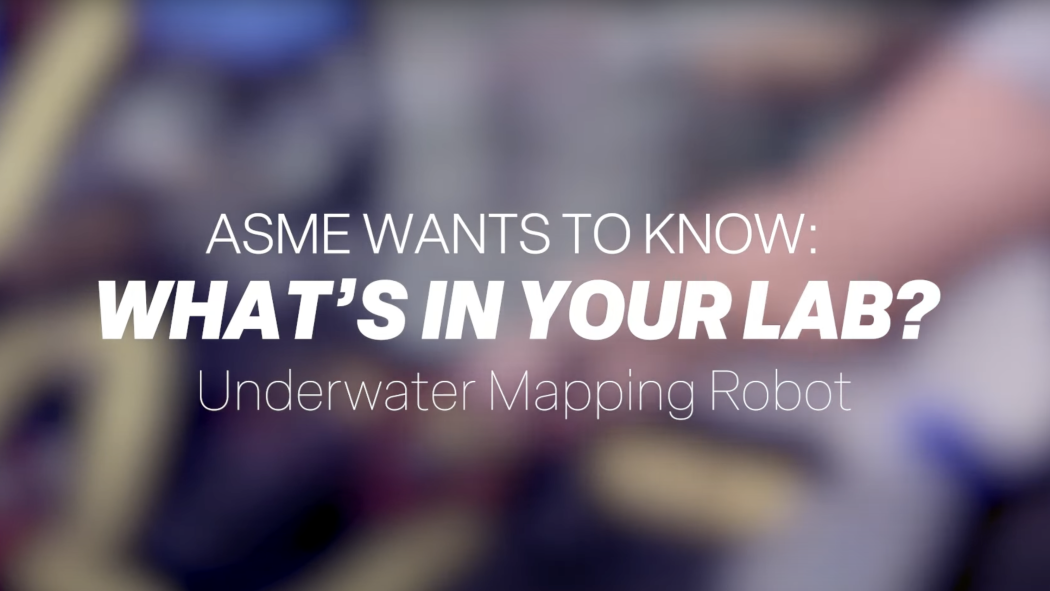
WATCH ASME FEATURE:
Is this ROV the future of underwater mapping?
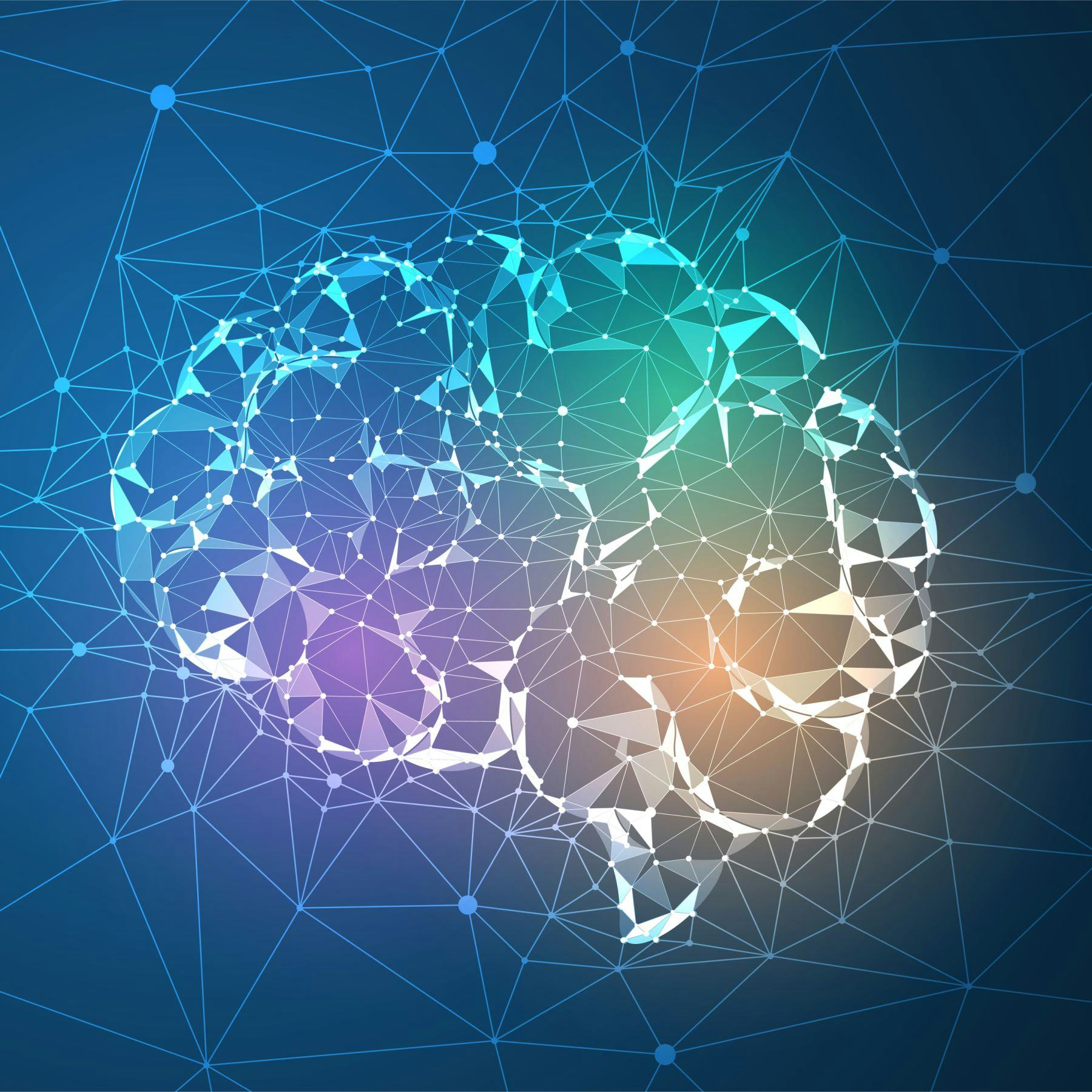
Related Academic Programs
Stevens' academic programming in Artificial Intelligence help students develop depth in core concepts that build a foundation for artificial intelligence theory and practice.
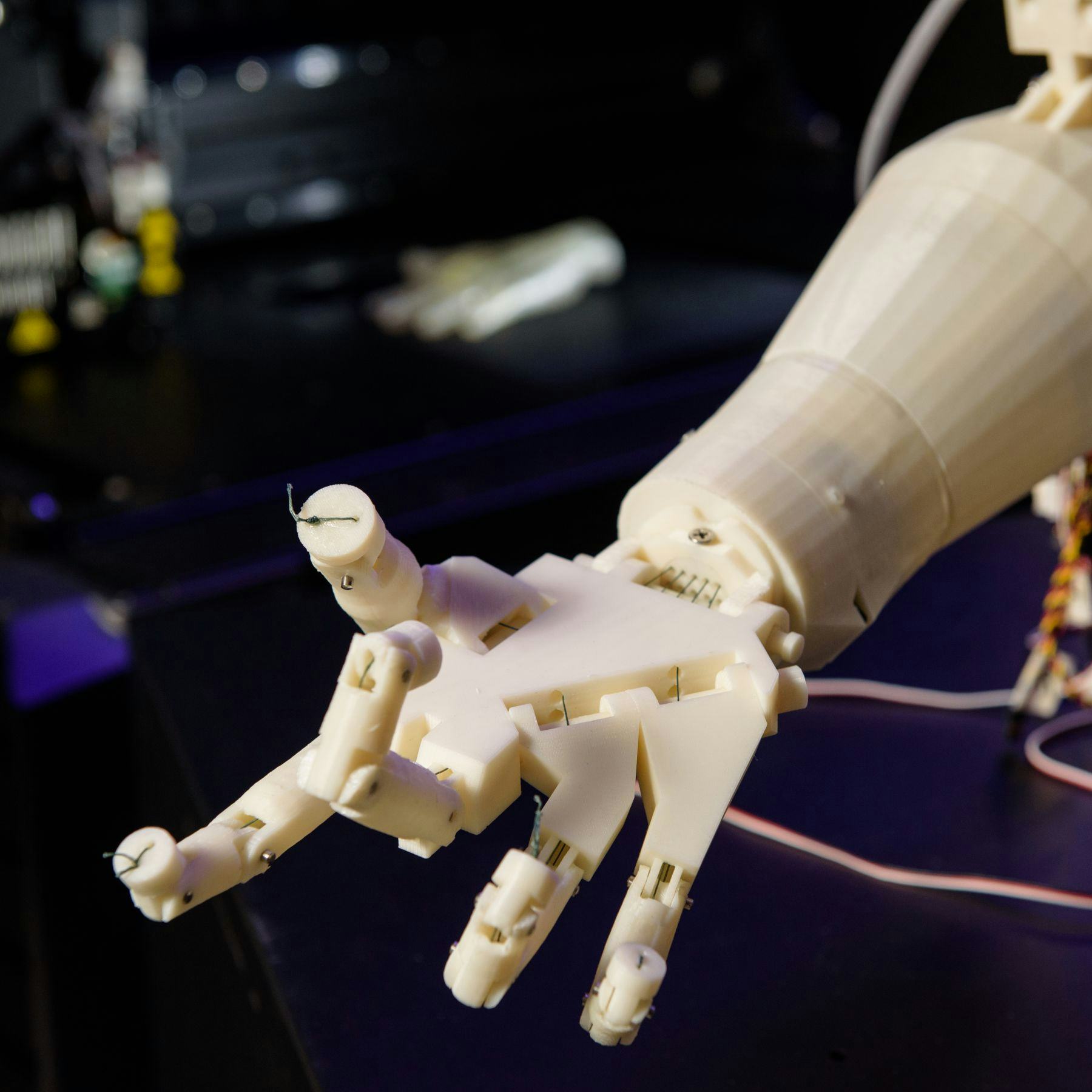
Partner with us
Stevens’ rich history of technological innovation has created an entrepreneurial environment that breeds a solution-oriented mindset where industry partners benefit from collaborating with creative minds exploring the limitless possibilities in the AI environment. Our technology expertise and research resources provide the collaborative, competitive edge that today’s businesses need to enhance operations.
Contact SIAI
Please feel free to reach out to us if you have any questions or would like to request more information.
Gateway Academic Center North
4th Floor



